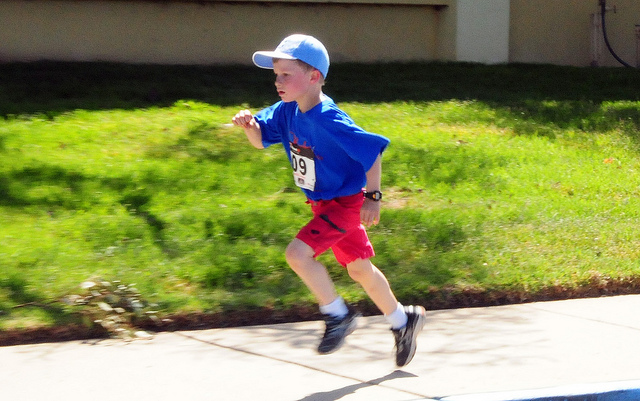Parental concerns about the impact of slow processing speed typically focus on the impact of their child’s diagnosis on academic performance and home life. However, slow processing speed also has a major social and emotional impact. Kids affected by slow processing speed often have difficulty maintaining peer relationships and often suffer from low self-esteem.
Kids with slow processing speed may struggle with the fast pace of conversations and have difficulty keeping up with multiple friendships. They may be less apt to be involved in extracurricular activities or team sports, so they have fewer opportunities to connect with their peers and can be unsure of themselves in social relationships. These kids can be somewhat slow in picking up on social cues and, as a result, reluctant to join in because they are unsure of what is happening with their peers.
As with kids who have been diagnosed with Learning Disabilities or ADHD, they may be hesitant to engage because they feel as if they are different or inadequate. Common problems such as taking too long to gather up their supplies between classes or needing extra time to complete their homework allow for less time to walk school hallways with their peers or spend time with them after school.
Low self-esteem in kids with slow processing speed often results when they compare themselves to peers who process information more efficiently, which can lead to feelings of depression. These kids often interpret their slow processing speed as a global deficit in which they see themselves as universally inadequate – which is why the identification of slow processing speed is imperative. Helping kids to understand slow processing speed as a specific weakness and to recognize other areas of strength is particularly important.
The bottleneck of slow processing speed can readily lead to frustration and anxiety. Many kids with slow processing speed may avoid others because of how they perceive themselves. They may experience stress-related physical complaints as a result of their inability to keep up with the expectations of parents and teachers.
In addition, anxiety, depression, and low self-esteem can also cause slow processing speed. Children who experience slow processing speed due to these issues would not have displayed the signs of slow processing speed when they were younger. Slow processing speed might manifest itself in anxious kids with perfectionis tendencies, who go slowly due a need to be 100% correct. A common symptom of depression is psychomotor retardation, in which thinking, acting, and responding are slowed down, common signs of slow processing speed.
There are a number of strategies that can help children with slow processing speed improve social and emotional functioning. These include:
Enthusiastically support friendships. Have a pizza night to help children engage in activities with friends.
Become the fun parent. Buy popular video games for your kids to play with their peers. Be a willing chauffeur to take kids to the movies or another event.
Embrace technology. Make communications such as texting, Instagram, and Snapchat readily available to encourage children with slow processing speed to be in touch with their peers at their own pace. Encourage children to communicate with peers they will see in school the following day.
Discuss listening and conversational skills. Teach children to ask others to slow down when they are talking to them. Help them to make eye contact and to be engaged, even if simply by nodding their head.
Let them play sports. Non-competitive or individual sports may be most appropriate. Choose sports where repeated practice at home can lead to improvement. Practice not only makes perfect, it can also make children move faster.
Destress. Try to get away from the stress of school and other areas of difficulty. Engage in fun activities and include a child’s friend in the fun.
Exercise, and then exercise some more. This can improve symptoms of anxiety and depression. The data are compelling about how vigorous exercise changes brain chemistry to reduce stress.
Relax. Encourage children to learn relaxation techniques. Simple breathing techniques or doing yoga or meditation can be very helpful for social and emotional difficulties.
Featured image: Flickr user Presidio of Monterey




